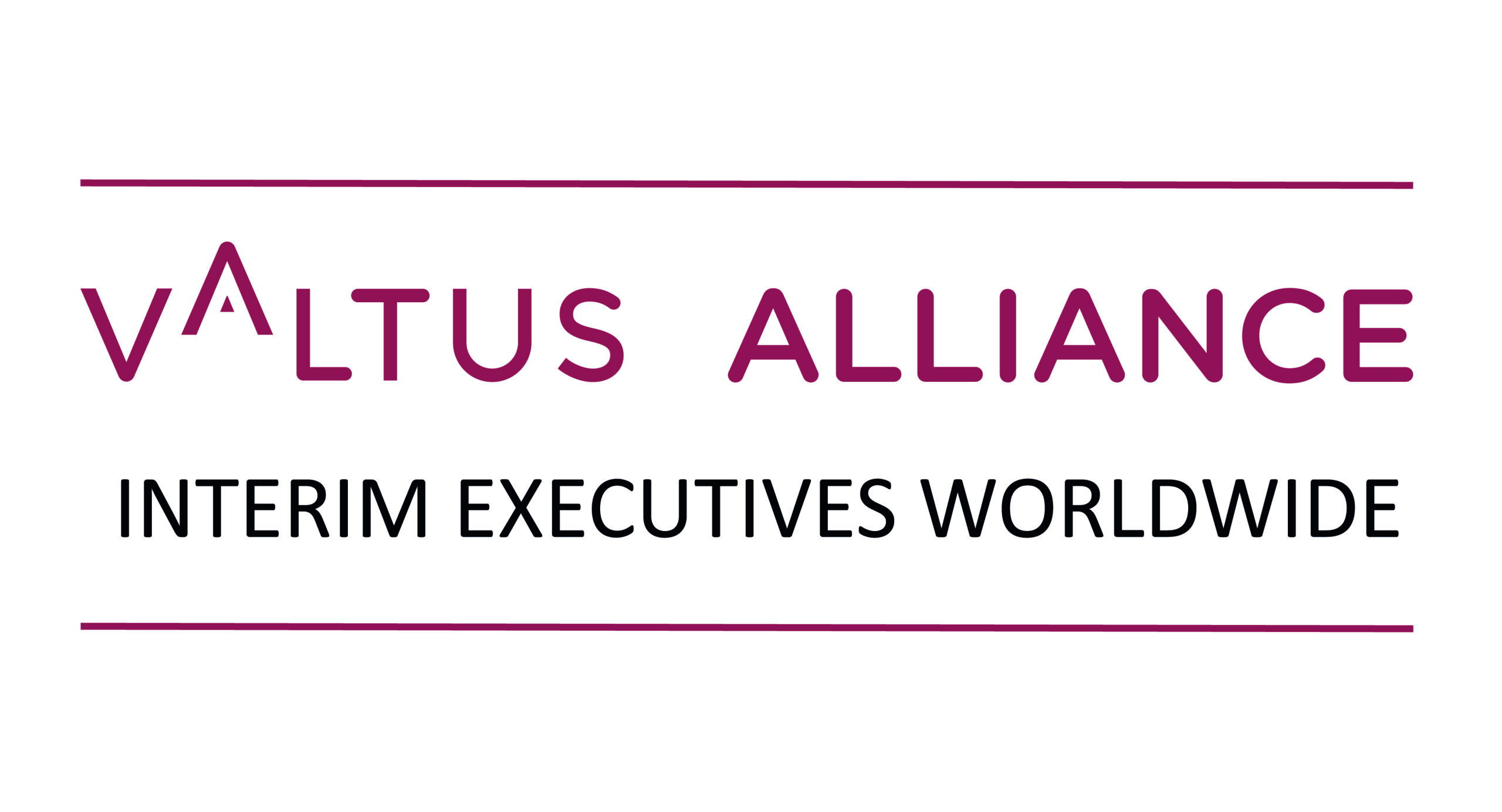In today’s business landscape, sustainability is more than just a buzzword; it’s a vital component of corporate strategy that demands top-level oversight and innovation. This evolving challenge necessitates a unique breed of leadership—enter the Chief Sustainability Officer (CSO).
At VALPEO, we understand that finding the right CSO is not just about matching skills and experience with job descriptions. It’s about aligning personal capabilities with the organisation’s strategic sustainability vision. Here’s how we help organisations navigate this complex process.
VALPEO’s © Transformative Value Framework
At VALPEO, we utilise our proprietary ‘ © Transformative Value Framework’ to assist organisations in visualising the stages of value creation through sustainability. This framework helps delineate the evolution from basic compliance to pioneering sustainability leadership, offering a clear roadmap for the integration of sustainable practices at every operational level. By making these stages explicit, we enable organisations to pinpoint the exact capabilities needed in a Chief Sustainability Officer at different points in their sustainability journey.

The Complex Role of a Chief Sustainability Officer
The role of a CSO can vary significantly across organisations, depending on their maturity and ambition in sustainability. From ensuring compliance with environmental regulations to embedding sustainability into the corporate ethos, the responsibilities are extensive and diverse. This role demands not only a keen understanding of sustainable practices but also strategic acumen and leadership prowess to integrate these practices into the core business strategy effectively.
Stage 1: Basic Compliance and Integration – Striving for best practice
Challenges in Defining the Role:
- Clarity and Scope: Ensuring the role clearly delineates responsibilities from basic compliance to proactive sustainability management across various functions.
- Integration: Embedding sustainability seamlessly into existing roles and departments without creating silos or resistance from current employees.
Challenges in Candidate Selection:
- Technical Skills vs. Leadership: Finding candidates who not only have the requisite technical knowledge of sustainability practices but also the interpersonal and leadership skills to drive change at this basic level.
- Change Management: Candidates must be adept at managing change and fostering a positive attitude towards sustainability initiatives within a potentially resistant workforce.
Stage 2: Strategic and Proactive Sustainability
Challenges in Defining the Role:
- Strategic Alignment: Integrating sustainability with the organisation’s strategic goals requires a CSO who can think long-term and align sustainability efforts with business objectives.
- Innovation and Policy Development: Developing policies that not only address current sustainability needs but are also adaptive to future challenges and opportunities.
Challenges in Candidate Selection:
- Visionary Leadership: Seeking candidates who are not just managers but leaders who can inspire and drive sustainability as a core organisational value.
- Risk Management: Candidates need a strong ability to anticipate, mitigate, and manage risks associated with sustainability efforts.
Stage 3: Advanced Governance and Stakeholder Engagement
Challenges in Defining the Role:
- Governance: Establishing clear governance structures for sustainability that ensure transparency and accountability.
- Stakeholder Engagement: Developing deep engagement strategies that align with long-term stakeholder ambitions and sustainability goals.
Challenges in Candidate Selection:
- Diplomacy and Influence: Candidates must possess excellent negotiation and influence skills to engage a variety of stakeholders.
- Consistency and Alignment: Ensuring that candidates have a track record of aligning business practices with sustainable development in a consistent and effective manner.
Stage 4: Ethical Leadership and Social Responsibility
Challenges in Defining the Role:
- Ethical Standards: Setting and maintaining high ethical standards within the organisation and its broader industry context.
- Societal Contribution: Defining the scope of the organisation’s contribution to societal well-being and sustainable value systems.
Challenges in Candidate Selection:
- Ethical Judgement: Finding leaders with a strong ethical compass and the courage to make tough decisions.
- Community and Societal Insight: Candidates should have experience and insight into societal and community dynamics to effectively guide CSR and other social initiatives.
Stage 5: Long-term Societal Impact
Challenges in Defining the Role:
- Long-term Planning: Integrating sustainability deeply into the business model and planning processes with a view towards long-term viability and societal progress.
- Ecosystem Health: Managing and enhancing the health of the ecosystems affected by the organisation.
Challenges in Candidate Selection:
- Inspirational Leadership: Finding candidates who can serve as a source of inspiration and make a positive societal impact.
- Strategic Foresight: Candidates need to demonstrate a capacity for strategic foresight and long-term thinking, essential for navigating the complex challenges of sustainability at this level.
Finding the right candidate through a Personal Dynamics Assessment
Selecting the right CSO goes beyond understanding the role’s requirements—it’s about understanding the person. Our ‘Personal Dynamics Assessment’ is designed to evaluate potential candidates on a spectrum of traits and competencies that influence their ability to operate effectively at various levels of sustainability leadership. This assessment allows us to gauge how well a candidate’s personal dynamics align with the organisation’s current and future sustainability goals, ensuring a fit that is both strategic and culturally aligned.
Supporting Organisations in Chief Sustainability Officer Selection
With VALPEO’s expertise, organisations are not left to navigate the complex terrain of CSO recruitment alone. We provide end-to-end support in the search and selection process, from defining the role based on our Transformative Value Framework to assessing candidates through our Personal Dynamics Assessment. Our approach ensures that the selected CSO is not only adept at managing today’s sustainability challenges but is also equipped to lead future initiatives that drive long-term value and positive societal impact.
Conclusion
The role of the CSO is pivotal and complex, requiring a candidate who can navigate varying levels of sustainability focus with skill and foresight. Each level of sustainability commitment introduces unique challenges in role definition and candidate selection, requiring careful consideration to ensure that the CSO can effectively lead the organisation towards its sustainability goals. The right CSO can transform an organisation’s sustainability agenda, turning ambitious goals into tangible outcomes.
By partnering with VALPEO, organisations gain access to a depth of expertise and a suite of innovative tools designed to identify leaders who will not just fill a role but will propel the company forward in its sustainability journey. In an era where sustainability is a critical determinant of success, choosing the right leader is paramount.

About Dr. Laura Perret
Dr. Laura Perret is a Partner at VALPEO and Practice lead Sustainability. As a consultant in leadership and organisational development, she coaches executives, management teams and boards of directors. She has over 25 years of professional experience, including 14 years in management and 9 years in professional coaching.


